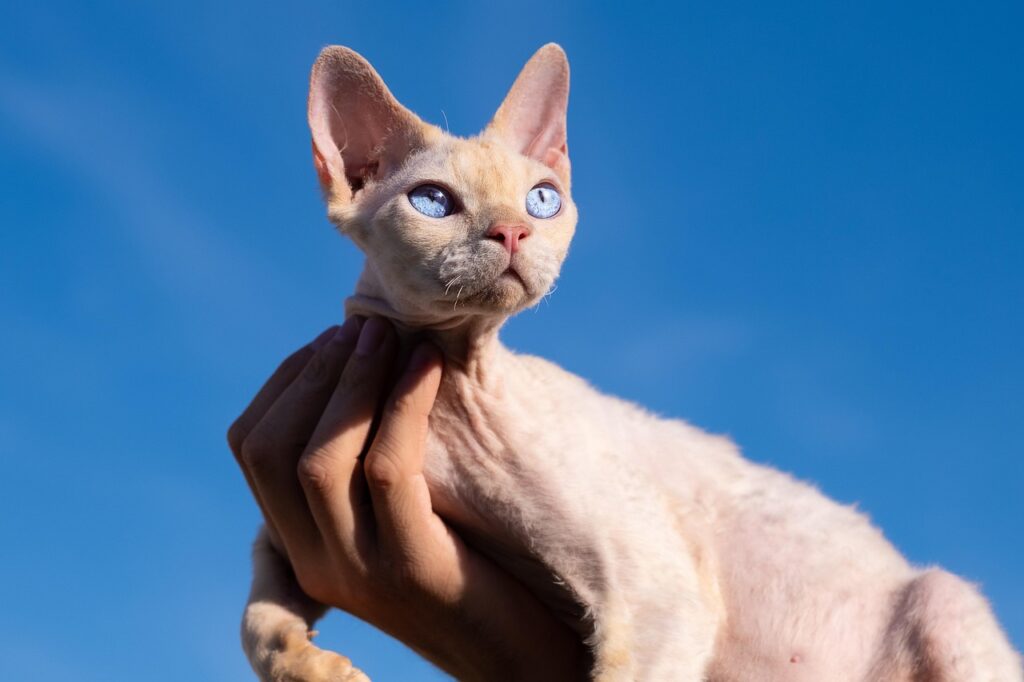
For many animal lovers, allergies can pose a significant barrier to enjoying the companionship of pets. Allergic reactions are often triggered by proteins found in pet dander, saliva, and urine. However, certain pet breeds are known to produce fewer allergens, making them more suitable for individuals with sensitivities. In this article, we will explore some of the best hypoallergenic pet breeds and provide insights into managing allergies while enjoying the company of these special animals.
The term “hypoallergenic” refers to animals that are less likely to cause an allergic reaction. It’s important to note that no pet is entirely allergen-free; however, hypoallergenic breeds tend to produce fewer allergens. This reduced allergen production can make a significant difference for allergy sufferers, allowing them to experience the joy of pet ownership with minimized symptoms.
Hypoallergenic Dog Breeds
Poodle
Poodles, whether standard, miniature, or toy, are renowned for their curly, non-shedding coats. Their hair resembles human hair more than fur, which helps reduce the spread of allergens. Regular grooming is essential to maintain their coat and minimize allergen accumulation.

Bichon Frise
The Bichon Frise is a small, cheerful dog with a curly coat that doesn’t shed much. Their hair continuously grows, similar to human hair, which helps in reducing dander spread. Routine grooming and regular baths are necessary to keep their coat healthy and allergens at bay.

Maltese
Maltese dogs have long, silky hair that sheds very little. Their lack of an undercoat means they produce fewer allergens, making them suitable for allergy sufferers. Consistent grooming is crucial to keep their coat in optimal condition and minimize allergen presence.

Hypoallergenic Cat Breeds
Siberian
Despite their long, thick fur, Siberian cats are known to produce lower levels of the Fel d 1 protein, a common allergen found in cat saliva. This makes them a potential option for individuals with cat allergies. Regular grooming can help manage shedding and reduce allergen spread.

Balinese
Often referred to as the “long-haired Siamese,” Balinese cats have a silky coat and are believed to produce fewer allergens compared to other cat breeds. Their friendly and social nature, coupled with regular grooming, makes them a suitable choice for allergy sufferers.

Devon Rex
The Devon Rex has a short, wavy coat that sheds minimally, reducing the spread of allergens. Their playful and affectionate demeanor, along with their unique appearance, makes them a popular choice among hypoallergenic cat breeds.

Managing Allergies with Hypoallergenic Pets
While choosing a hypoallergenic breed can significantly reduce allergen exposure, it’s essential to implement additional strategies to manage allergies effectively:
Regular Grooming: Maintain a consistent grooming routine to remove loose hair and dander. This includes brushing, bathing, and professional grooming sessions as needed.
Clean Living Spaces: Keep your home clean by vacuuming frequently, using HEPA filters, and washing pet bedding regularly.
Create Allergen-Free Zones: Designate certain areas in your home, such as bedrooms, as pet-free zones to reduce allergen exposure.
Personal Hygiene: Wash your hands after handling pets and avoid touching your face to prevent the transfer of allergens.
Consult an Allergist: If allergies persist, seek advice from a medical professional who can recommend appropriate medications or treatments.
Conclusion
Owning a pet as an allergy sufferer is possible with careful selection of hypoallergenic breeds and diligent management practices. By choosing pets that produce fewer allergens and maintaining a clean living environment, individuals with allergies can enjoy the companionship and joy that pets bring to their lives.
References
Best Dog Breeds for People With Allergies – https://www.akc.org/expert-advice/dog-breeds/hypoallergenic-dog-breeds/
12 ‘Hypoallergenic’ Cats for People With Allergies – https://www.petmd.com/cat/general-health/hypoallergenic-cat-breeds


































